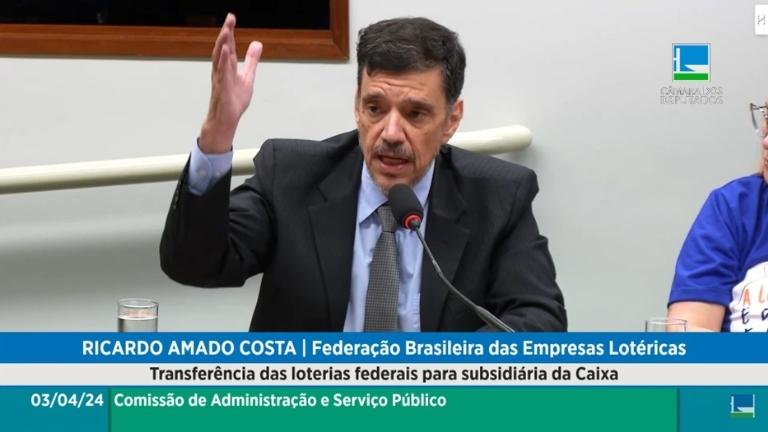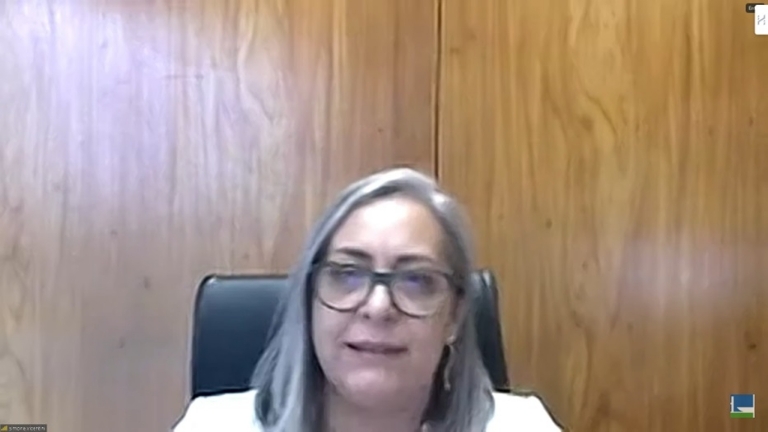

The Committee on Administration and Public Service (CASP) of the Chamber of Deputies held a public hearing this Wednesday (3) to discuss a possible transfer of federal lotteries to a subsidiary of Caixa Econômica Federal.
As expected, especially since it was requested by entities representing bank employees, the hearing had a strong union character and showed the fragility of Caixa.
The speeches emphasized the social function of Caixa in serving federal government social actions and pointed out the significant difference between the expected tax collection from sports betting houses (12% on GGR) versus the approximately 40% of lottery revenue. Federal Deputy Erika Kokay was categorical in highlighting this difference.
What she did not indicate was the interest of Brazilian society in sports betting, which in 2023 sold nearly five times more than Caixa's lottery sales.

But this fact was pointed out by Ricardo Amado Costa, VP of the Brazilian Federation of Lottery Companies (Febralot), who highlighted that the network of almost 13,500 concessionaires eagerly awaits participation in this market.
Amado recalled that in 2023, Caixa's lotteries had revenue of around R$ 23 billion (US$ 4.55bn), while sports betting raised over R$ 100 billion (US$ 19.75bn), demonstrating the strength of the new modality.
With this, the Febralot leader conveyed an important subliminal message to the Brazilian lottery market that Caixa is weakened and needs to reassess its business strategy.
He recalled that due to COVID-19, society shifted from physical store networks to digital banking, including with Caixa TEM, which "took customers away from our lottery shops, and we know they will never come back." According to him, "we [the Caixa concessionaire network] live off the game and need suitable products because as bank correspondents and selling only current lotteries, we will not survive."
For him, it is important for Caixa to discuss the issue of sports betting operation with the network and to modernize all its activities in order not to end a network that can greatly contribute to Caixa in offering sports betting.
Although the transfer of Caixa's lottery modalities to Loterias CAIXA could make the subsidiary a major player in the sports betting market and other modalities, the discourse was that if this happens, Brazil would have much to lose with a sharp decrease in revenues directed towards social actions.
Especially with the end of the monopoly on lottery operation by Caixa Econômica Federal determined by the Supreme Federal Court, the corporatist spirit marked the speeches of the supposed defenders of maintaining lotteries in the hands of Caixa and not its subsidiary.

The Deputy Secretary of the Prizes and Betting Secretariat, Simone Aparecida Vicentini, stated that there is no talk of privatizing Loterias CAIXA and that the transfer of lotteries to the subsidiary will only occur after debates showing all the points that would involve such an operation and not simply overnight.
With great propriety, she recalled that the Secretariat of Prizes and Bets has been conducting serious work in finalizing the process of drafting regulations to open the window for licensing requests from sports betting operators.
According to Vicentini, similarly, if the government decides to transfer lotteries to the subsidiary, everything will undergo extensive debate.
Source: GMB